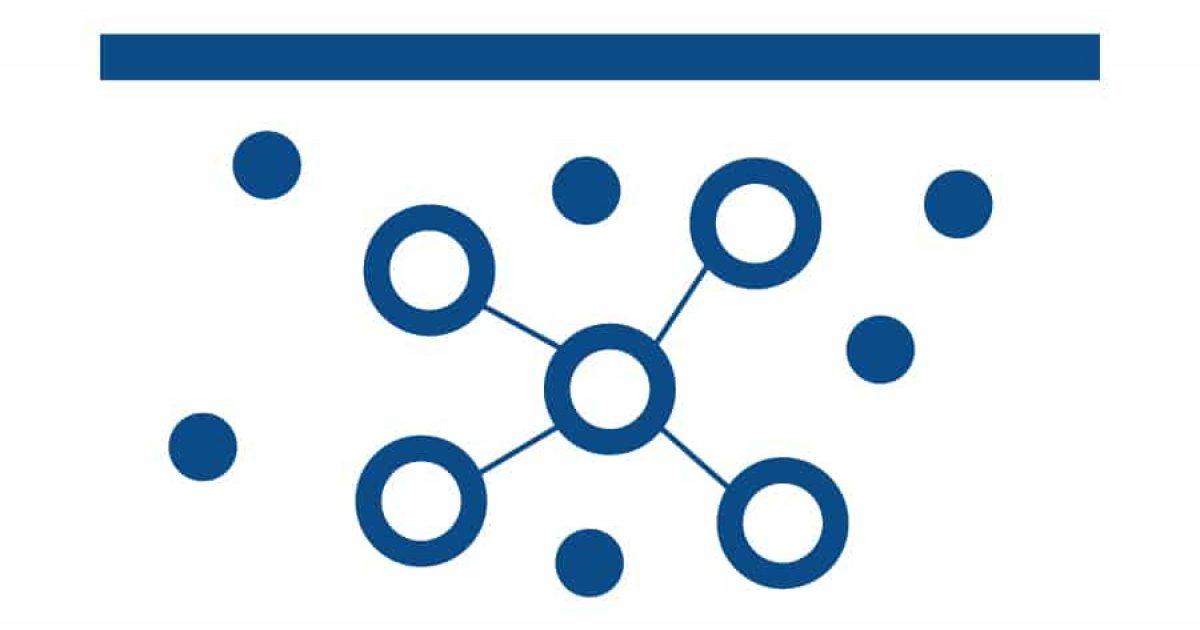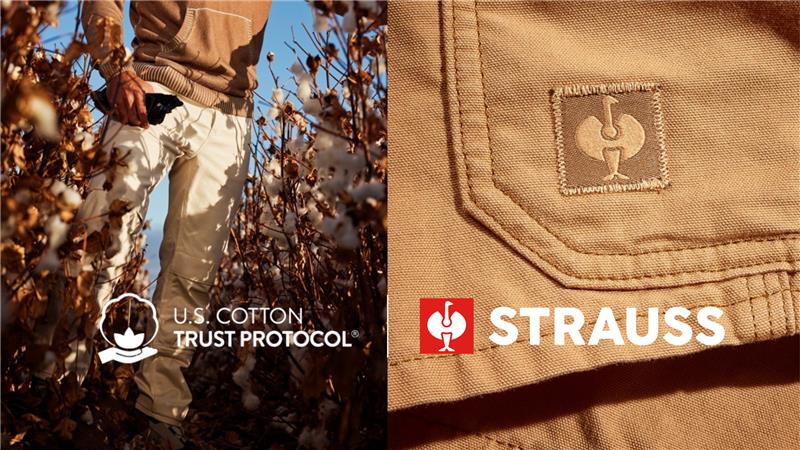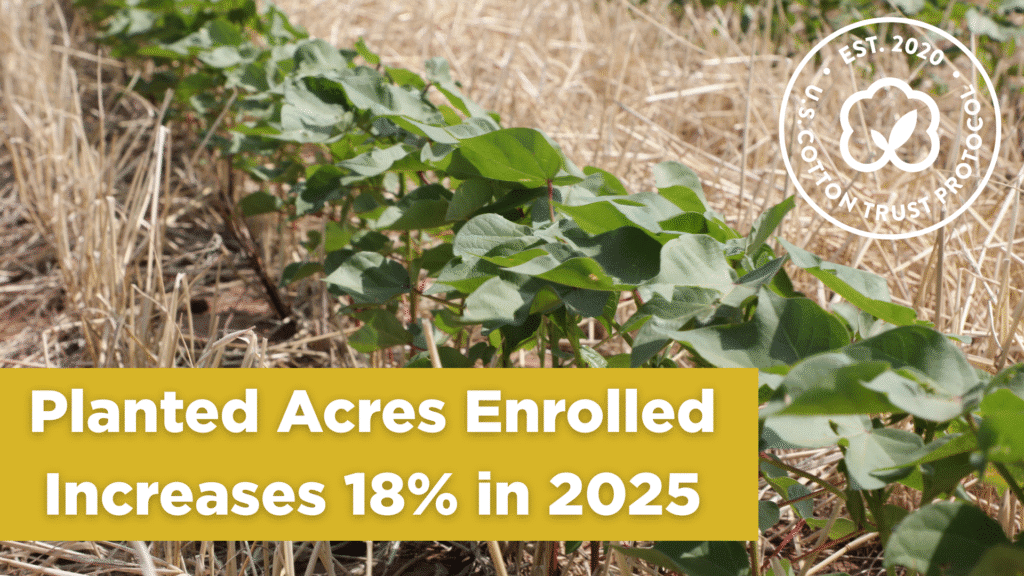Data and measurement are important tools for U.S. growers when it comes to cotton production and improving their environmental footprint – as the saying goes, you can’t improve what you don’t measure – and the Trust Protocol is proud to empower growers with this information.
The program measures and reports annually against six key environmental metrics.
In our 2024 annual report, we explore the aggregate data from our growers including the measurements of soil carbon. But, what does measurement of soil carbon mean?
Soil carbon refers to the amount of carbon existing in both organic and inorganic forms that is stored in the soil of a plant, like cotton. In fact, cotton plants that take carbon dioxide from the atmosphere as they grow and store in the soil carbon pool through the process of sequestration increase soil carbon. Sunlight synthesizes nutrients from carbon dioxide and water through photosynthesis. The plants then store carbon in their foliage, and roots, capturing it in the soil where it will stay as long as the land remains undisturbed. Not only is soil carbon the primary source of energy for most soil microorganisms but also, increased levels of soil carbon help support water infiltration, water, and nutrient-holding capacity, and crop productivity.
Soil carbon metrics are calculated by a USDA Natural Resources Conservation Service tool, the Soil Conditioning Index (SCI). SCI index ranges from -1.0 to +1.0. If the calculated index is a negative value, soil organic matter levels are predicted to decline and if the index is a positive value, soil organic matter levels are predicted to increase under the current production system. Soil organic matter is highly enriched in soil carbon and the soil carbon is often based on how much organic matter is measured in soils.
The 2025 National Goal for soil carbon is for 30% of growers to be in positive SCI improvement. For the 2023/24 crop year, 74% of Trust Protocol grower members had a positive index value, meaning the soil health was well maintained with higher soil organic matter levels and a plethora of diverse soil microbiomes.
Healthy soil has superpowers and provides an environment and the nutrients needed for plants to thrive.
So how do Trust Protocol growers improve their soil carbon and care for the soil? There are several ways that include planting cover crops when the land is bare and susceptible to erosion and practicing minimum and no-till systems to protect the soil’s structure and encourage biodiversity. In 2023/24, 56% of the Trust Protocol acreage adopted no-till practices, and 62% of the acreage was planted with cover crops directly contributing to reducing soil erosion by 79% when compared to the 2015 Trust Protocol baseline. Reduction in soil erosion leads to improved water quality in both groundwater and surface water thereby decreasing negative impacts on the ecosystem.
U.S. cotton growers understand that in order for the land to care for us, we have to care for it and they are continually working to improve their environmental impacts including their soil carbon.
To learn more about the other five environmental metrics and data, check out the 2024 annual report.





